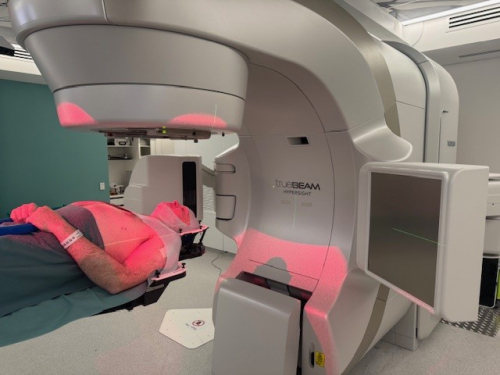Is your depression linked with your cycle? Understanding Premenstrual Dysphoric Disorder (PMDD)

For the up to 20 per cent of women suffering from a condition known as Premenstrual Dysphoric Disorder (PMDD), the days leading up to their period can often feel like an almost insurmountable challenge.
PMDD manifests as a severe major depression that is linked to a woman’s menstrual period, explains Professor Jayashri Kulkarni AM, Director of the Multidisciplinary Alfred Psychiatry Research Centre (MAPrc).
“It comes on cyclically, related to the menstrual cycle, and is due to fluctuations in the gonadal hormones oestrogen, progesterone and the other hormones,” said Prof Kulkarni. “But it’s in the brain that this is all happening.”
But for those suffering from PMDD, seeking or finding help for their symptoms can often be challenging, with understandings of the impact that hormones can have on mental health only now beginning to grow.
This frontier of discovery has become a key focus for Professor Kulkarni and her team, including looking at new options for treating the symptoms of PMDD.
“At MAPrc and HER Centre Australia we are researching hormone treatments and new brain stimulation approaches for PMDD,” said Prof Kulkarni. “As we know more about how these hormones affect mental health, this is an important area of new discovery because it can be treated with hormone strategies to get the best outcomes.
“In 2024, we really should be looking more closely at the impact that hormone fluctuations have in the brain for some women.”
To learn more, watch the following video, and be sure to speak with your GP if you feel you need advice and support.


